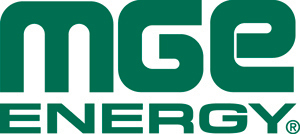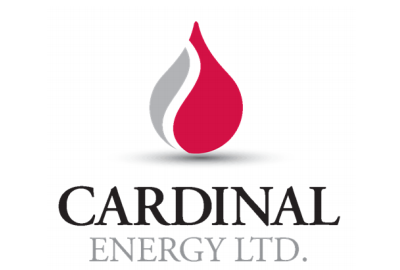Global demand for liquefied natural gas is likely to prove stronger than expected and the current pipeline of projects won’t be enough to keep up, according to one of Japan’s top traders of the fuel.
“Announced projects in the world still won’t make up for the supply needed when considering the energy transition that will take several decades,” said Kenichi Hori, president of Japanese trading house Mitsui & Co., in an interview in Tokyo last week.
Hori echoed major exporters including Chevron Corp. and Shell Plc in saying gas will play a long-term role in the energy transition. His comments come as competition for LNG has intensified after Russia’s invasion of Ukraine, with Europe seeking to curb its dependency on Moscow for gas and emerging nations targeting long-term deals to avoid future shortages.
Mitsui and Japan’s other major trading houses are heavily involved in oil, gas and coal. Warren Buffett’s Berkshire Hathaway Inc. earlier this year raised its stake in the firms, after they saw a surge in profits on the back of high commodity prices and the weak yen.
Countries and companies are seeing LNG as a cleaner fossil fuel that can lower emissions, but supply is expected to be tight until around 2026, when new projects are scheduled to start operating. Global LNG demand is forecast to increase by 3.4% annually over 2022-2026 to reach 444 million metric tons, according to BloombergNEF.
Ensuring diversity of supply sources is likely to prove crucial for energy security in Japan, according to Hori. “We have projects in the US, Middle East and Africa,” he said.

When asked about whether Mitsui is interested in signing a contract with Qatar, which has been seeking buyers from its huge output expansion, Hori said the Middle Eastern nation is an “important source of LNG” as Japan pursues further diversification.
Along with gas and LNG, it’s important for Mitsui to have “several pathways” for the energy transition, including renewable energy, ammonia and hydrogen, Hori said. The company recently announced a 960 billion yen ($6.4 billion) investment in an offshore wind project off Taiwan’s east coast, and is exploring opportunities in e-methanol — a synthetic ingredient made from hydrogen and carbon emissions.
“All these projects are going to shape the future of our portfolio that is transitioning from a traditional energy business to a low-carbon-intensive era,” he said.
Here are other highlights from the interview:
- Mitsui will raise dividends when it can see its “base profit earnings power has been elevated, and I think we’re on track to make this happen”
- Hori sees gap between US and Japan interest rates remaining for the short term, and the company will factor in volatility in currency and rates
- Around 20% of Mitsui’s global managers are female, but the percentage is only 8.5% in Japan
- Firm targets raising that figure to 10% by 2025; company has its “work cut out for us in Japan”
- Mitsui has implemented a mentoring program that pairs current executives with rising female managers to develop their careers
Share This:




